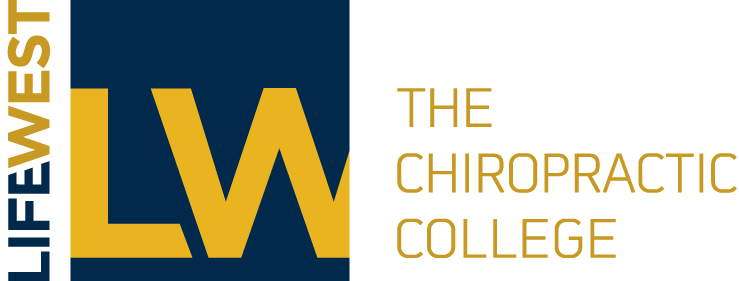We know that having a healthy diet and eating good food is important for having a healthy body, but it is also important for having a healthy brain! Eating food with proper nutrients provides our brain with the substances it needs for better memory, learning, and overall function. While these nutrients are critical for health, they also influence the bacteria that grow in our gut. The gut microbiome changes based on the foods we eat, and these gut bacteria then influence the way our brains can function.

Angela Nguyen
The gut is connected to the brain in three different ways1. It can directly communicate with the brain through the gut neurons which synapse with the vagus nerve. The gut bacteria can also produce hormones and neurotransmitters to signal the brain. Lastly, it influences the immune system, which is also tied to the nervous system and brain. Through these different communication methods, the gut microbiome can affect the way we think and feel.
Inflammation can have a damaging effect on the central nervous system, but the gut acts as a protective agent. Bacterial dysbiosis can lead to central nervous system inflammation and cognitive impairment2. One of the ways the gut influences the brain is through short-chain fatty acids (SCFAs). SCFAs are synthesized more abundantly in those whose diets are rich in fiber and complex carbohydrates rather than diets high in saturated fats and low complex carbohydrates. These SCFAs, such as butyrate, can have a neuroprotective effect on the brain due to their anti-inflammatory effects3. By preventing inflammation, they can protect memory function in the brain. SCFAs also play a key role in regulation of gene expression. They inhibit an enzyme that is involved in a process called histone deacetylation (HDAC), which is responsible for DNA expression. Inhibition of HDAC has been considered to have beneficial effects for brain trauma, dementia and enhancement of cognitive function2.
Our gut microbiome also acts as a barrier between our bodies and harmful substances. There is a gut barrier as well as a blood brain barrier (BBB) which regulate what substances can be absorbed and what stays out. Poor diets, ones high in saturated fats and added sugars can make these barriers more permeable. a rat study that found that a leaky BBB was associated with impaired memory function in the hippocampus3. . While the connection between a dysfunctional gut barrier and the effect of increased inflammation on the brain is not yet understood, a correlation has been observed2.
Alzheimer’s is a condition where nerve cells in the brain are damaged, which often shows up as memory impairment. Patients with Alzheimer’s have chronic low grade inflammation and blood brain barriers with increased permeability, which lead to even more inflammation. This increased inflammation can cause the brain to respond by producing amyloid beta – a characteristic plaque buildup found in the brains of people with Alzheimer’s1. This neuroinflammation is a concern for brain health and function. What we eat can change the type and quantity of bacteria in our gut. Having bad gut bacteria can stimulate our immune systems to increase inflammatory cytokines in the brain3. Finlay and Finlay state, “Neuroinflammation also causes other brain damage, contributing to overall learning and memory impairment and cognitive decline.”
Clearly, what we eat might have a bigger effect on our brains than we thought. As chiropractors, we are holistic doctors, so nutrition and the microbiome might be something to consider when helping our patients. Although our typical plan of care is to address the nervous system through the spine, it might aid our patients in another way to address the brain (which is still a part of the nervous system!) through their diet. The microbiome is a powerful thing, and it has a strong influence on brain function.
References
(1) Finlay BB, Finlay JM. The Whole-Body Microbiome: How to Harness Microbes-inside and out-for Lifelong Health. New York, NY: The Experiment; 2019.
(3) Noble EE, Hsu TM, Kanoski SE. Gut to brain dysbiosis: mechanisms linking western diet consumption, the microbiome, and cognitive impairment. Front Behav Neurosci. 2017 Jan 30;11(9): 1-6. doi:10.3389/fnbeh.2017.00009
This article first appeared in the April 2020 issue of Lifelines, the Life West student magazine.


